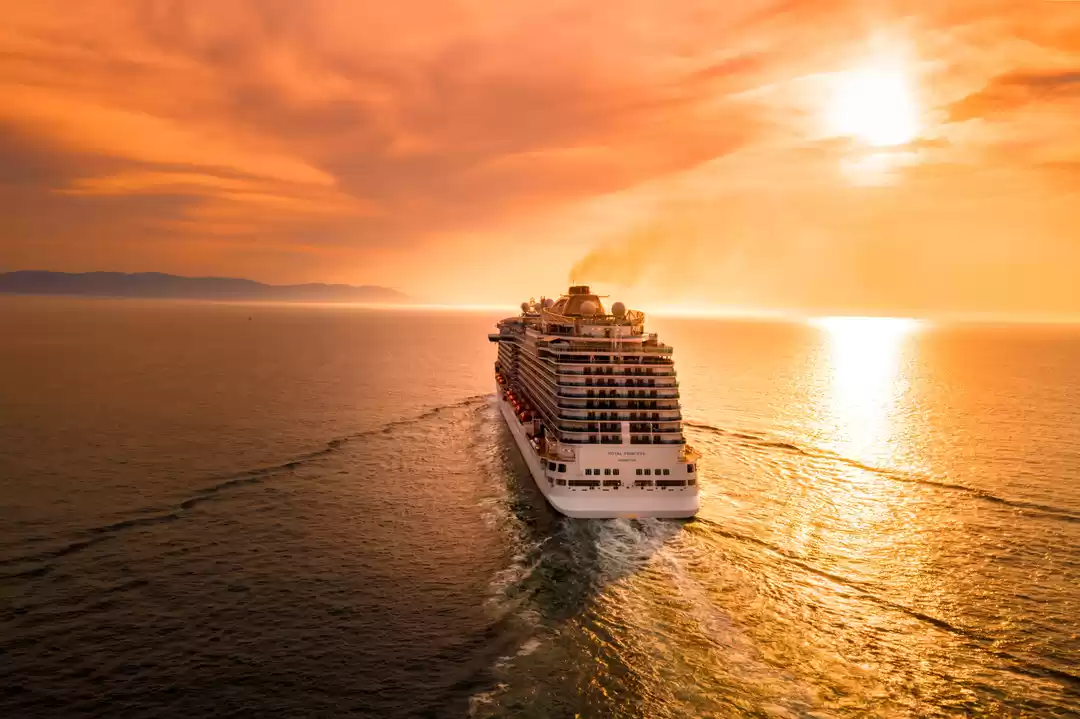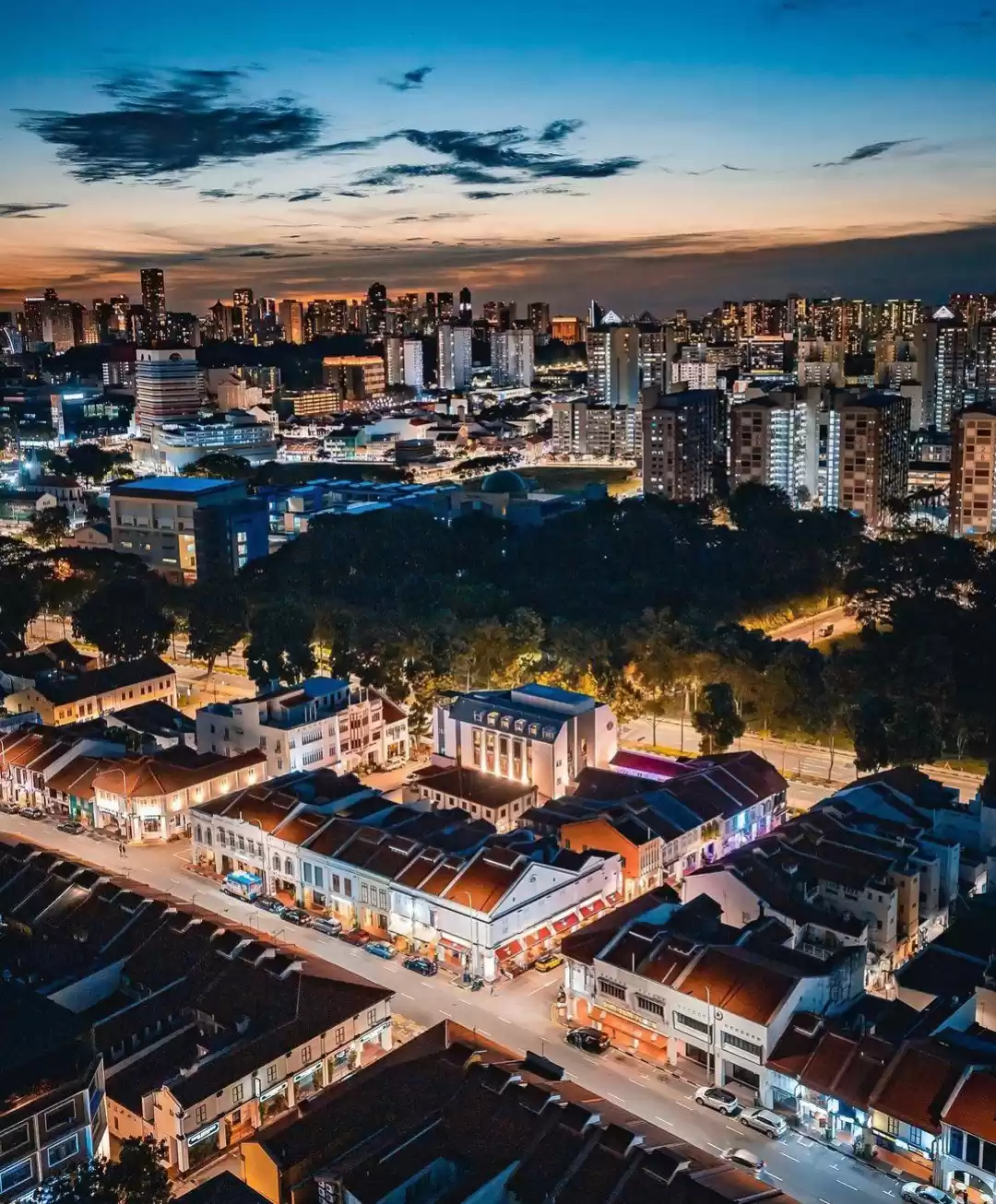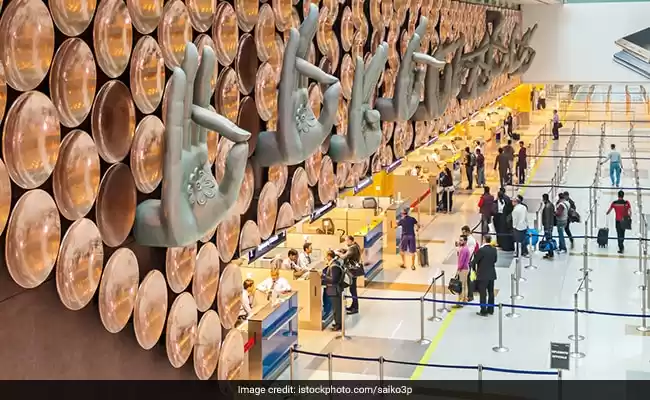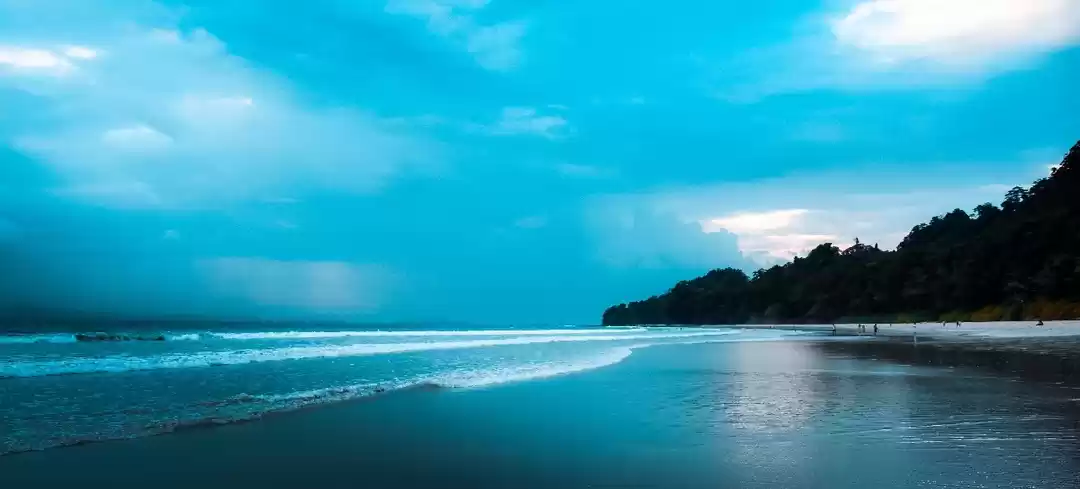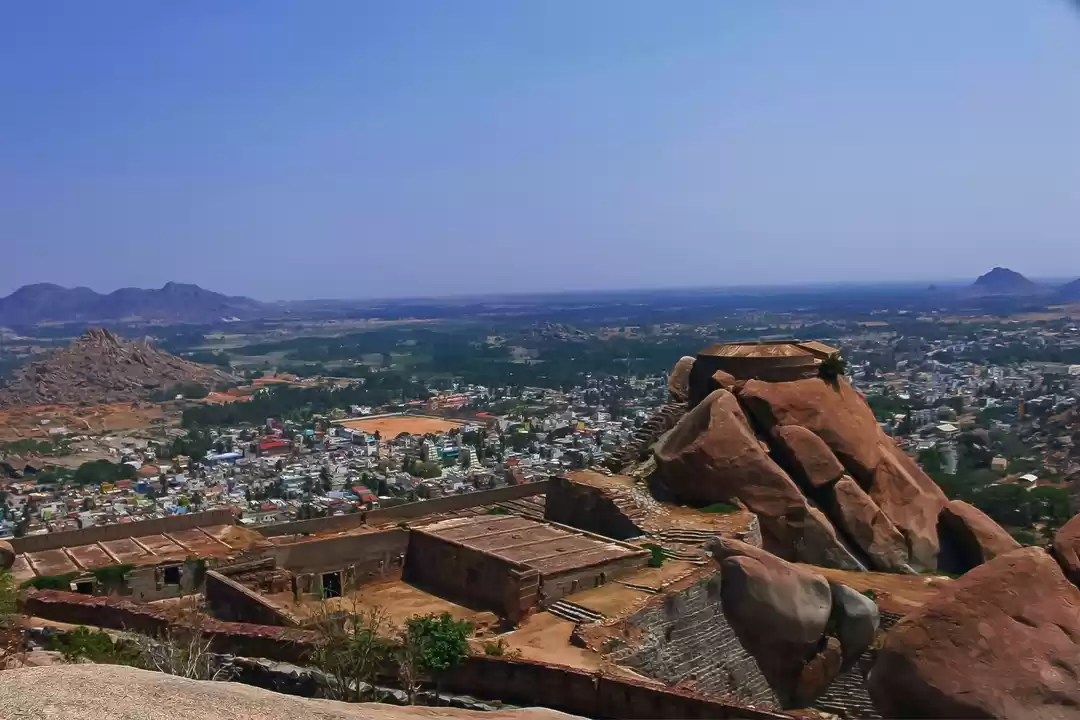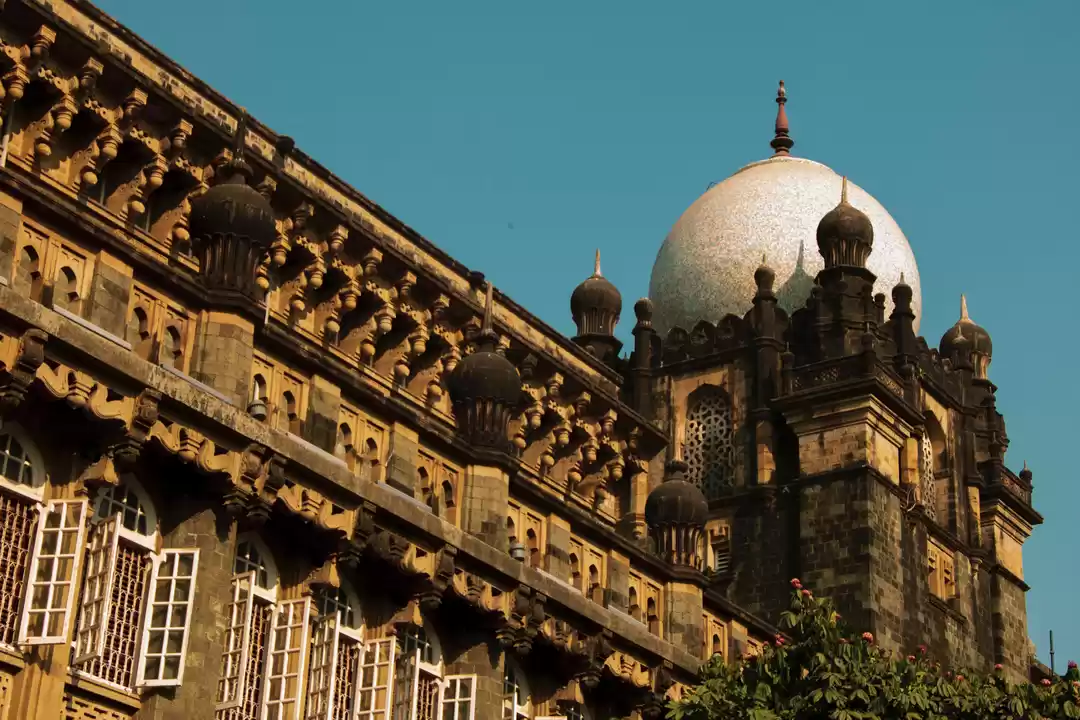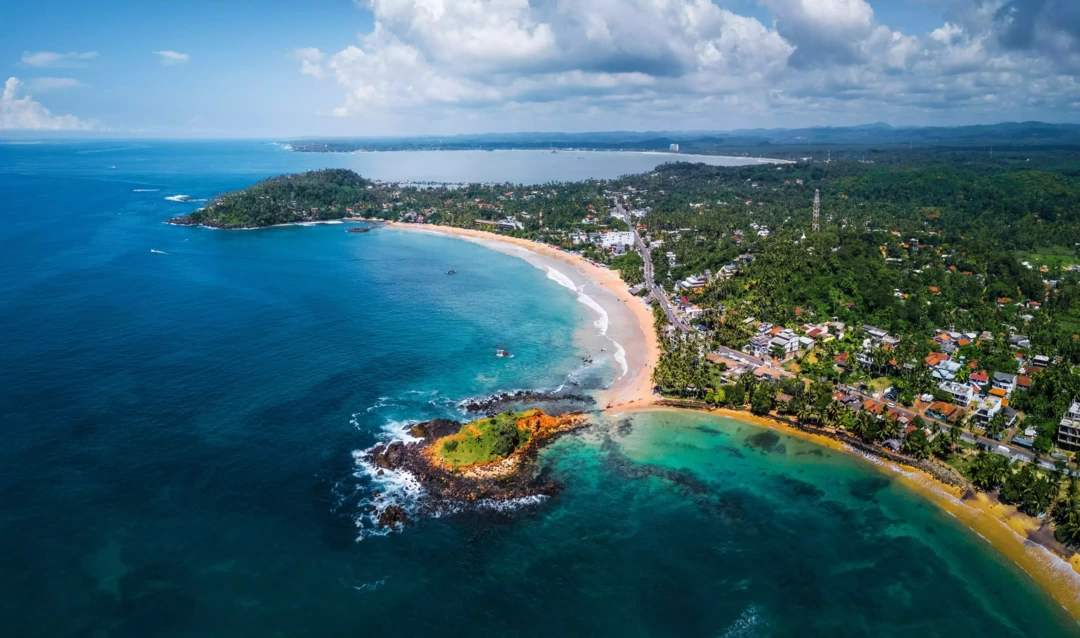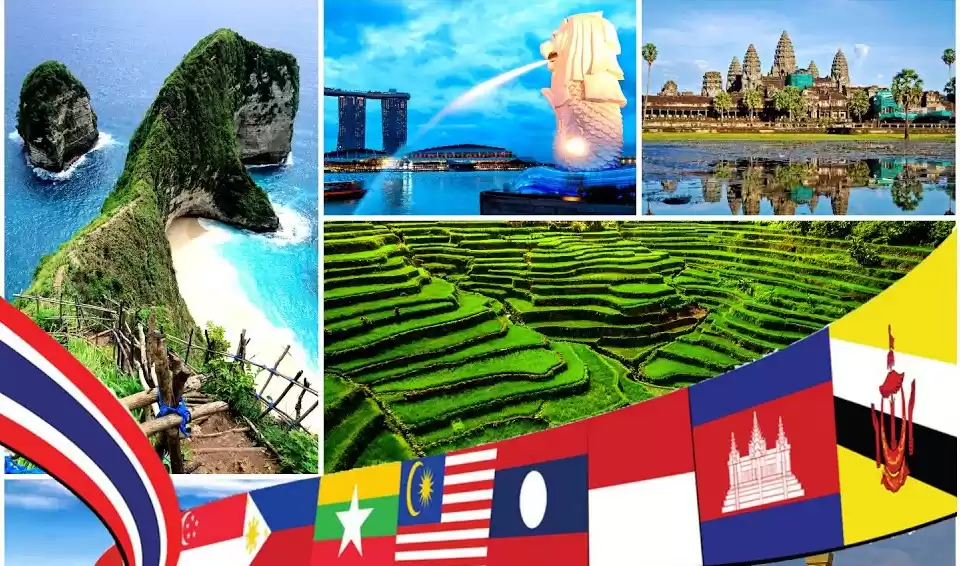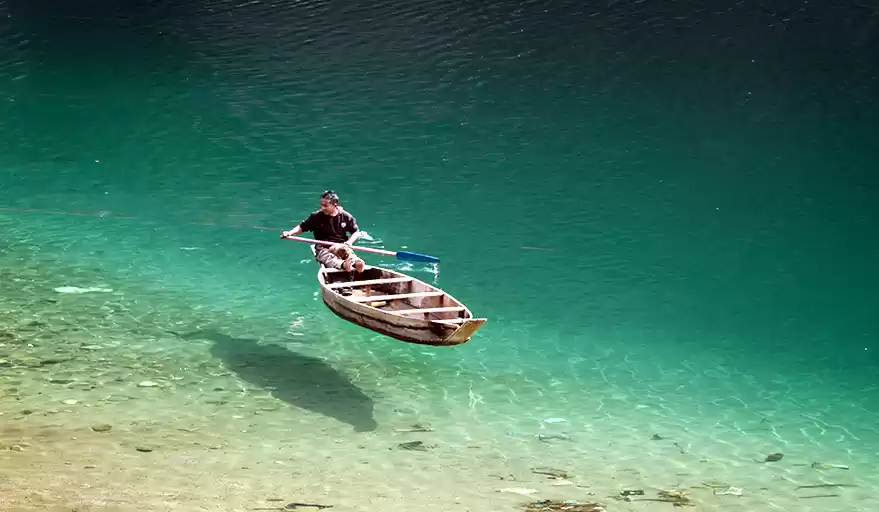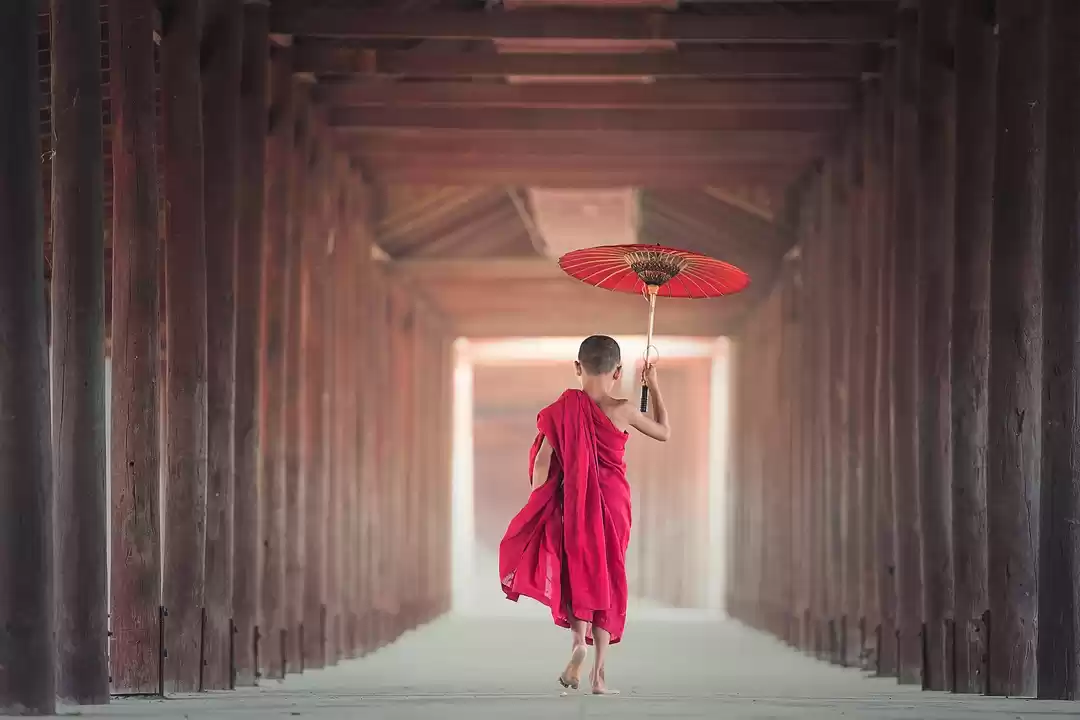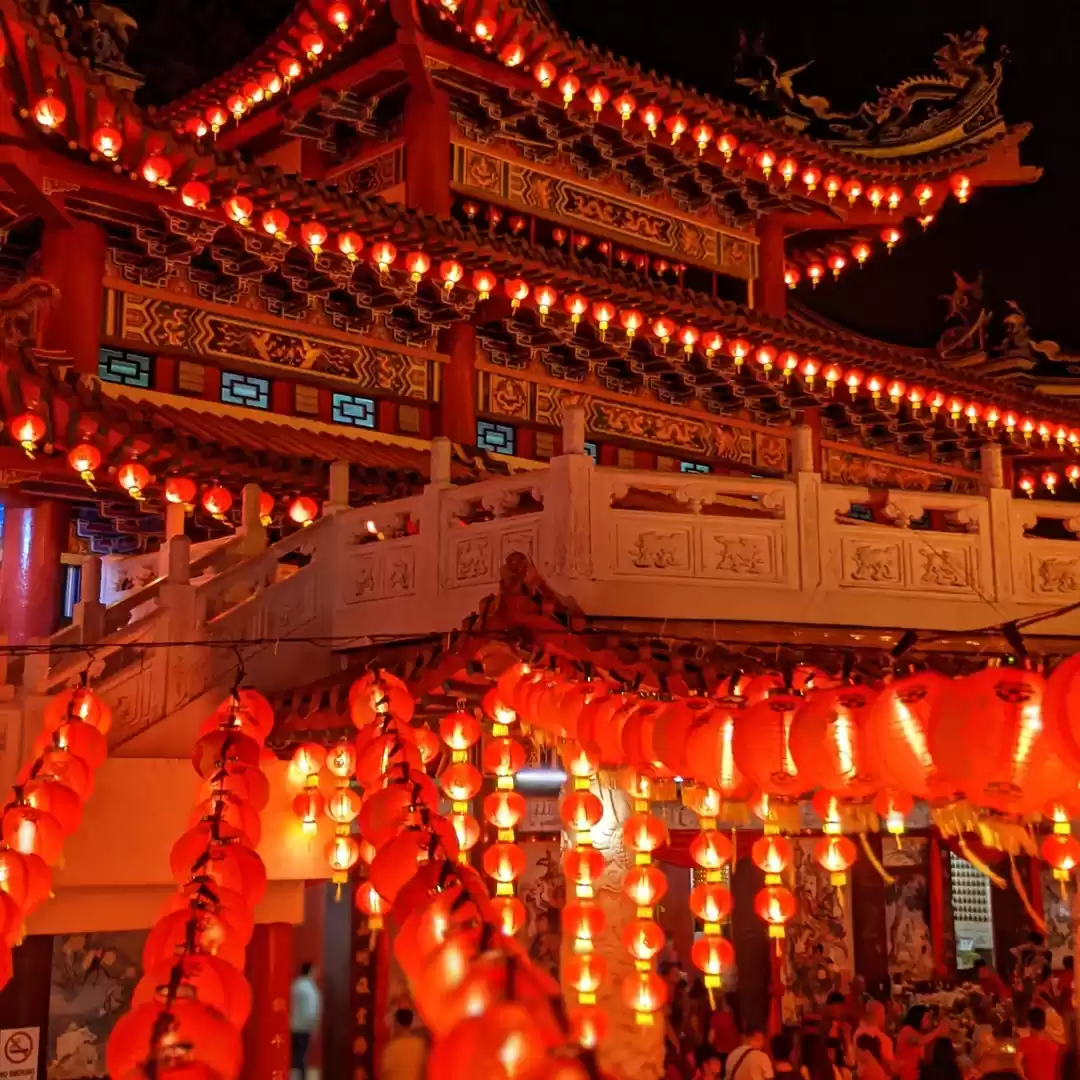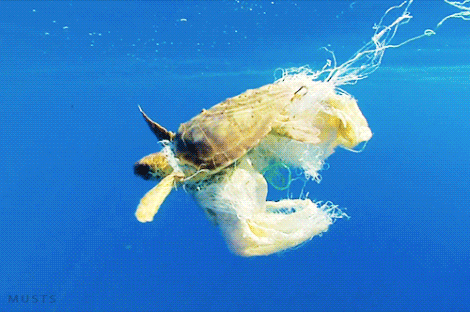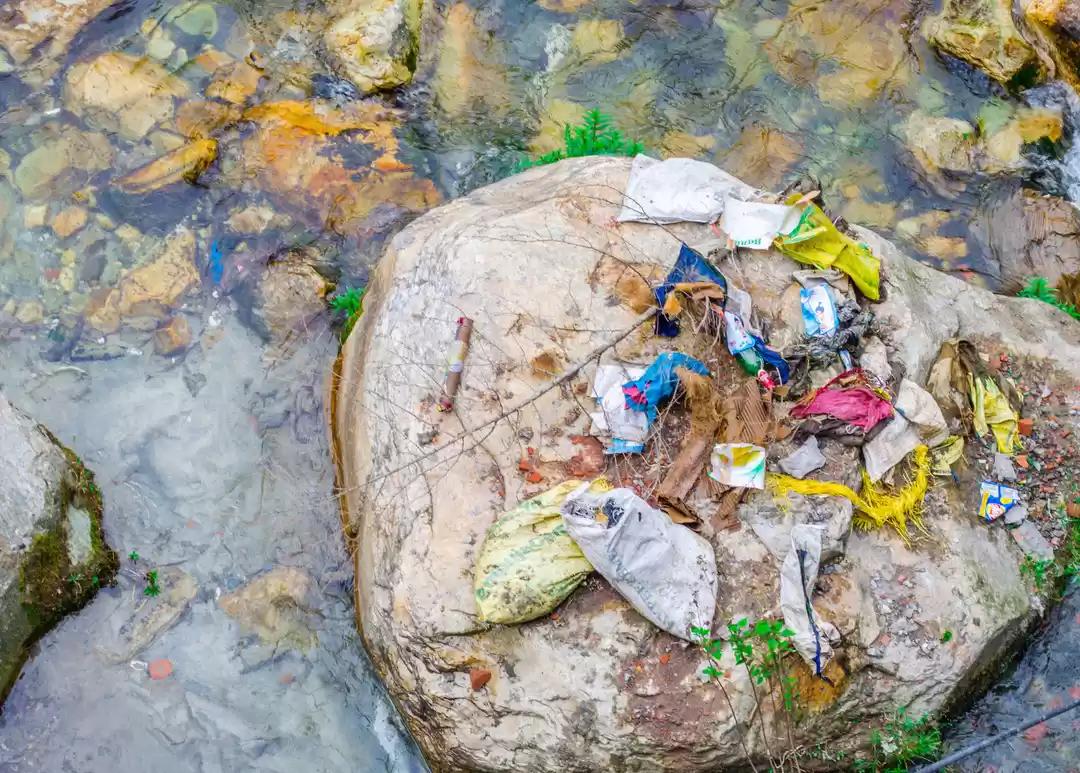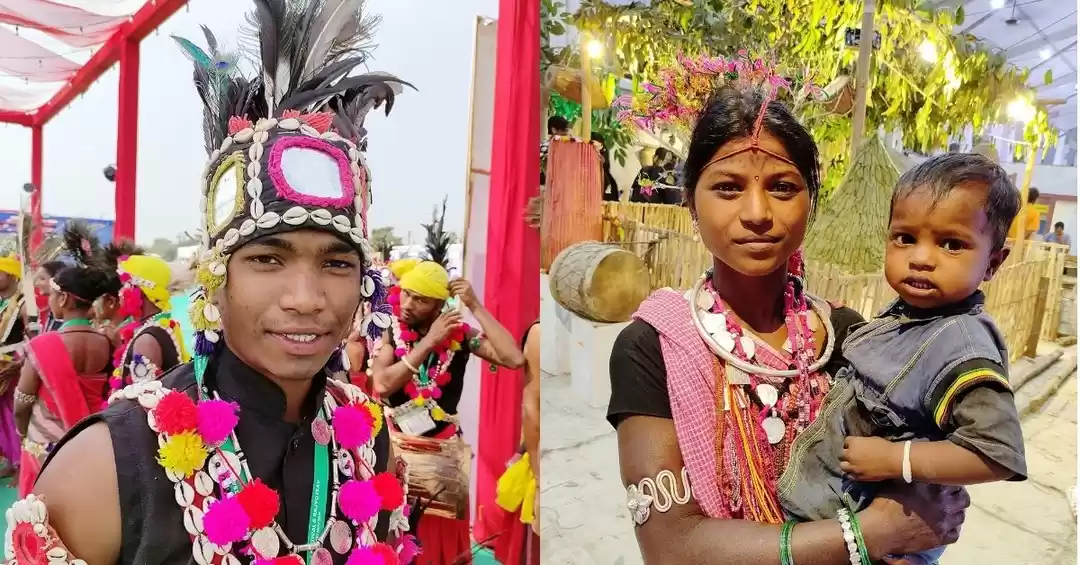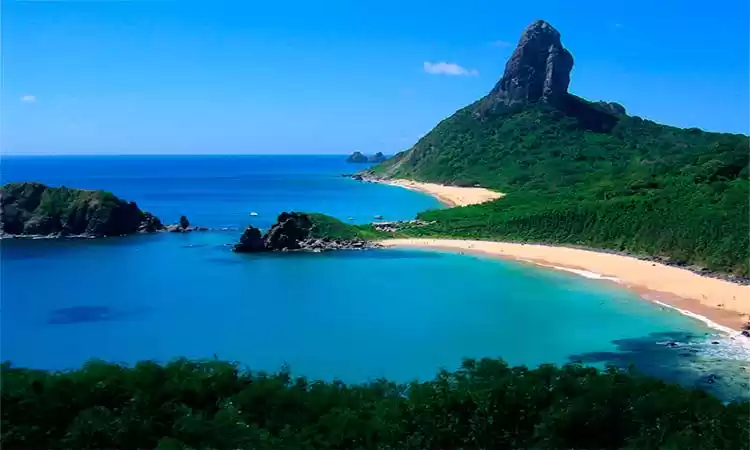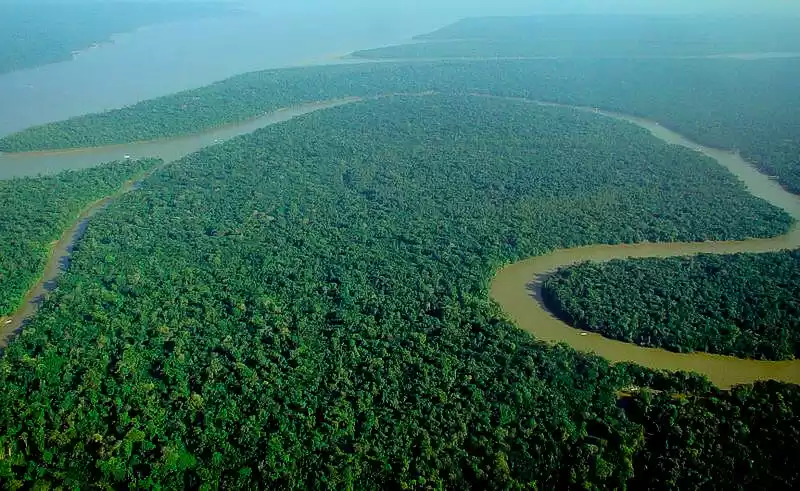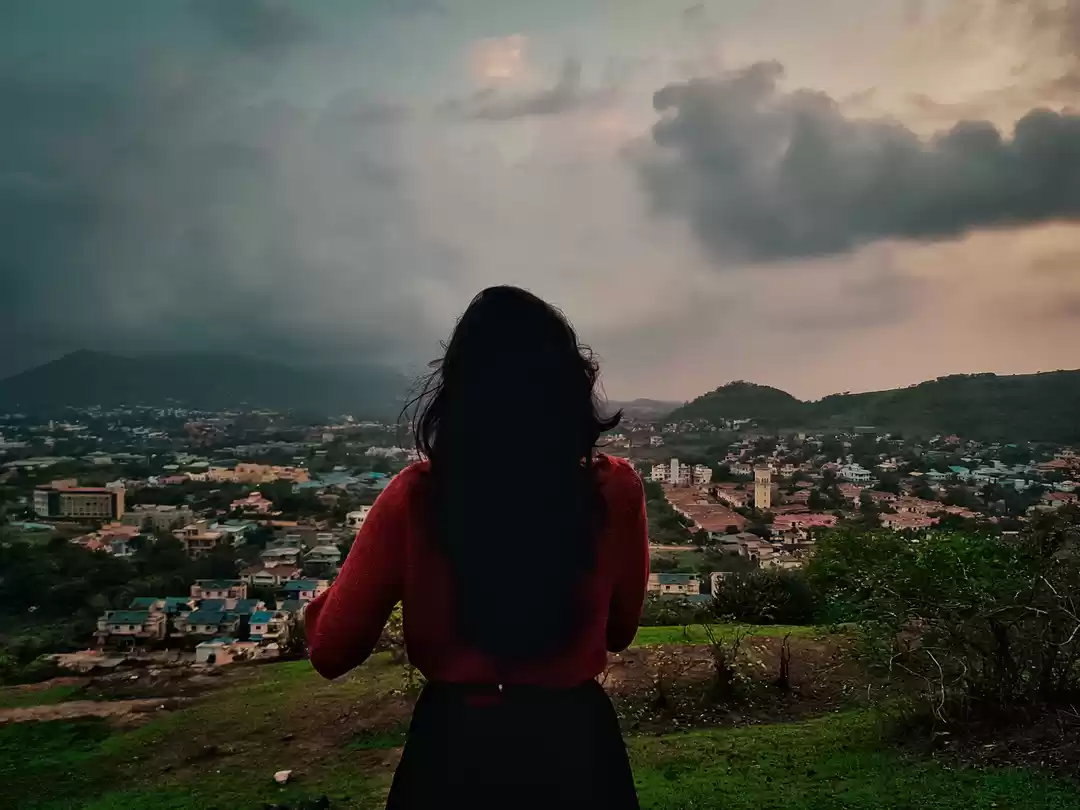
'You must be the change you wish to see in the world'-
Gandhi
Dear Fellow Travellers,
Hi, I'm Saheli. I'm born and brought up in Kolkata but currently working as a scientist in an industrial R&D in Bangalore. I am an Indian by citizenship. But at the end of the day I consider myself as a citizen of this world. Because we travellers are very much prone to find a home wherever we go. Till now, I have explored a large part of Asia that includes Nepal, Bhutan, Sri Lanka, Maldives, Thailand, Cambodia, Indonesia, Singapore, a fraction of African wild life in Kenya and few gorgeous European countries like Italy, Netherlands, Belgium, Germany and Czech Republic.
The freshness of a new culture, place or people never invokes any fear in a traveller's mind. We always embrace the newness with open arms and widest smile. We always feel a piece of our humble existence is already there before we visit a place. We often realise we left a huge part of ourselves before leaving a place. In the end, all the travellers across the globe are strongly connected by a single thread. A thread of love. A strong, passionate love for this beautiful planet, for its mesmerising diversity, for the rich experience we accumulate from different part of this world. Let's face the truth. We all are madly in love with this world.
We roamed around many cities, we climbed different mountains, we swam in pristine lakes and oceans. We've filled every inch of our heart and mind with sheer bliss and happiness. But have we ever asked how our world is doing? We brag about how happy we are after travelling the world. Have we ever tried to figure if we are giving any happiness to the world in return?
Let us revisit the past few years and try to scrutinise what gesture we have shown to this world recently.
1. Pollution of Waterbodies: The rivers, oceans, lakes and landfills are being adversely effected by the plastic and chemical wastes. Thousands of beautiful marine animals and coastal birds are swallowing the micro, meso and macro debris of all sizes and are chocking to death. These non-biodegradable pollutants are staying on earth and destroying the wildlife and wildlife habitat.
2. Melting of Polar Caps: Polar caps are melting as uncontrolled, undisciplined practices are being followed across the world. In 2016 a large portion of Arctic sea disappeared in a very short span of time, turning the top of the world from white to blue. In June, 2019 more than 2 billion tons of ice melted in Greenland in just one week. From Feb 6 to Feb 13, 2020 the hottest temperature was recorded at the weather station in Antarctica. Such abnormally rapid melting of polar ice is triggering climate change. And we all know what climate change is doing to the population of polar bears. These graceful creatures have fallen into the category of vulnerable species with constantly decreasing population. Undoubtedly they are walking along the path of extinction and could face extinction faster than we thought. The documentaries on their starvation or the mother bear killing her own offspring for food shook the entire world to the core.
3. The Amazon Forest Fire: In the devastating Amazon rain-forest fire, the lungs of earth completely collapsed that supplies almost 20% of earth's oxygen. Not only that, the amazon forest was home to 40% of world's tropical forest, 20% of world's fresh water supply, 40000 plant species, 3000 varieties of edible fruits. Further, this forest was a natural habitat of 430 pieces of mammals and million of insects. The main reason of this disaster was majorly the human actions and not only the dry weather in southern amazon. In order to run the cattle ranching business on a smooth line the animal factory farmers fired the forested lands to clear out for further utilisation. The video clips and photos of burned trees and charred animal corpses brought all of us to tears.
4. The Australian Bushfire: We just started to heal from the pain of Amazon forest fire and then in no time came the huge blow of Australian bush-fire. The helplessness of poor kangaroos, the koalas desperately trying to save their lives, countless dead bodies of innocent animals, birds and finally the mass shooting of feral camels buried the entire humanity in immense shame.
5. Massacred Wild Life: Two of the last white giraffes got slaughtered in Kenya.
6. Uncontrolled deforestation in Indonesia:The forest fire in Indonesia for clearing out the land for palm oil industry put Orangutans into starvation mode and gradually pushing them towards extinction.
7. The Covid-19 : The end came with the coronavirus pandemic that has already killed more than 50,000 people all over the world and the count is rising steeply.
This is a list of just few of our gestures that we are showing to our beloved world. We all have crossed past the first quarter of 2020 but emotionally I think I'm still carrying the emotional bruises from 2019. More than often my heart remains kinda heavy and always ponders about the current scenario going all around.
Once this pandemic is over we will again come back to normalcy. But it won't be our old, known world anymore. We would step into an entirely new world. A world with a healed ozone layer. A world with way less pollution in air. A world with cleaner rivers and ocean. A much happier animal kingdom with dolphins playing across the sea shore, the birds gleefully chirping around, the deer, wild bores, Ostrich and other animals peacefully roaming over the city streets without the fear of getting killed. We will enter into a smart, intelligent world that cancelled all our past trash, insensitive activities by a microscopic virus and dragged us down on our knee. So have we considered how are we going to take care of this new, beautiful world? What changes we would bring in our lifestyles to respect it.
As a traveller it's my humble request to all fellow travellers to come forward and consider to initiate small yet powerful changes in our life. I'm very much sure that it's nothing new to us. But as a traveller and avid nature lover I will keep on screaming through the tip of my pen till my last breath.
1. Let's minimise the use of single use plastic products and generate less plastic waste
Let's dispose our plastic waste only in designated beans and not on naturally fragile places like coastal areas, Himalayan regions or forest areas. If there is no proper waste disposal system around the places, let's carry the plastic debris along with us and discard after coming back to city. Let's start refusing plastic straws. Let's control the purchase of cold drink bottles and packaged food items like chocolates, chips, noodles that anyway don't contribute anything beneficial to our health. Here's an article on plastic pollution from Nature science worth reading.
2. Let's use more public transport and share rides for commute and use private vehicle only when it's very much essential.
3. There is no need to keep the AC on the whole night. Also consider to use the AC on sleep mode.
4. Let's segregate the wet waste and dry waste.
It can greatly simplify the separation process of the non biodegradable and recyclable waste items from the trash. Go through this simply and thoroughly explained article on importance of waste segregation.
5. This lockdown phase has taught us a very useful lesson when it comes to our diet. We all are capable to cook our own food and can absolutely enjoy the home cooked, healthy meal. Do we need to consume so much of junk foods just to satisfy the satanic, unfair demands of our taste buds?No, we don't. Also we should carefully consider to minimise or completely cut down the meat consumption. The outbreaks of bird flu, mad cow disease, SARS, ebola, swine flu and Covid-19 are repeatedly pointing out our wrong diet practices. Though it's still not clear how zoonotic transition takes the shape of pandemic, but there are enough evidences that time and again with the unnecessary exploitation of animal's natural habitat and their organic lifestyle we have payed a huge cost.
Yes, we can definitely argue about the importance of animal proteins. But we also need to remember that there are more than 375 million people all over the world who follow a vegetarian/ vegan diet and still live a healthy life. In many scientific publication it has been widely reported that meat consumption can spike the possibility of cancer, heart blockage, cholesterol, kidney failure, lungs disease to a significant extent. This report from Harvard Medical School has nicely briefed the benefits of a plant based diet on our health and how to manage almost all major equivalent meat nutrients from a balanced vegetarian diet.
The other serious issue imposed by dairy and meat industry is their huge contribution to global warming and climate change. For making the factory farms, large areas need to be deforested through burning which leads to complete destruction of grassland in a specific area and formation of carbon monoxide gases. Also methane emission from livestock is a potential source to global warming. Moreover, meat industry demands huge amount of water, plants, vitamins and antibiotics to make the animals more fleshy. So at the end we are intaking all the nutrients through animals whereas we can directly intake those nutrients from a plant based diet. By this we can efficiently fight a serious problems like world hunger. Here's a brilliant article to educate ourselves how to cut down the carbon foot print of our diet.
It's a high time to measure the carbon footprint from our diet carefully.
6. Stop supporting anything and everything that runs on the wheel of animal abuse. Be it fashion or entertainment. While being on a trip we often support such business organisation unknowingly. Few examples are visiting fancy bird parks, zoo, circus, dolphin show, camel ride, elephant safari, clicking pictures with sedated tigers etc. However, supporting sanctuary is highly encouraged. We need to educate ourself that the non humane animals are also a very important part of this planet. They are sentient beings. They have feelings, unique personality and IQ. They deserve the freedom to live their organic life in their natural habitat. Let's not buy cloths, cosmetics, shoes or bags from the brands that promote animal cruelty unless and until it's very much necessary. If you're still clueless (as I was few months ago) how gruesome is the reality of animal cultivation industry just visit Peta Instagram handle. Trust me, it can change your life, your belief, your views forever.
7. We need to be very very mindful with wastage of water. In remote places like Leh Ladakh, Spiti and other parts of Himalaya we should proactively opt the dry toilet option. Don't take bath everyday and ditch all the commercial hotels that provide facility like running hot water. This is nothing but a lethal luxury for all those places and the local people. Always try to stay at local homestay to support the local community.
8. Let's start travelling with purpose, specially to the places with very fragile geography and climate. Please don't rush to Himalayan remote villages like irresponsible tourists and take thousand of stupid selfies and Instagrammable pictures. Use your skills and talents in volunteer purposes like giving tuition to the local schools, supporting the local business, NGO or helping the farmers. These places and the people need our selfless help to create a sustainable tourism sector and support their difficult livelihood. We city people do not have any right to damage their life directly or indirectly just to show off our travel bug on social media. Also I feel it's high time to follow Bhutan's low impact high value tourism policy from our central/state Government. It's very important to restrict the number of tourists per year so other unexplored, serene Himalayan places don't turn into Kasol or Parvati valley.
9. Let's be more responsible travel photographers. I won't feel shy to admit, we travellers are highly enthusiastic to showcase our travel experience though our photographs and videos. We literally want to make people experience our travel on virtual level. We need to stop and recheck the facts. When it comes to a rare tribal community on the mountains or inside the forests, we desperately shove our camera on their faces. Most of the time we don't even bother to seek their permission. Similar things happen with wildlife photography. I'm not asking you to stop wildlife photography. We definitely can click pictures of animals maintaining respectful distance and behaviour. But I would strongly suggest let's refrain from taking pictures of vulnerable and endangered species and their private moments. We need to respect the privacy of both human and animals. In the recent slaughtering of white giraffes in Kenya, the role of unruly wildlife photographers has also been questioned. The animal kingdom have already endured enough pain. We just can't push our world into more trouble by pressing our irresponsible shutter.
These are few points that I summarised here are very much practically possible to implement in our day to day life and travelling days. Let's all come forward together. Let us unlearn some old habits and practices and re-learn the new art of living. Let's rise above our shallow ego and admit that a number of lessons given by this society, the conventional education system and our family are terribly wrong. Let's start questioning them and modify our life accordingly. Let us give back the love, respect and kindness to our beautiful world, to our gorgeous mother nature they truly deserve.
Let's be more kind to this world. Because we're travellers and we love our world and we have miles to go before we sleep.
Lovingly Yours,
A Kind Traveller



